Why Is My Cat Vomiting? Causes, Care, and How Sixes Animal Hospital Can Help
Seeing or hearing a cat vomit can stop any pet owner in their tracks. Maybe it happens right after a meal, or in the middle of the night on a favorite rug- only to be found when you step on it in the morning. It is easy to hope it was a one-time fluke, but vomiting is never normal. It always signals irritation, inflammation, or illness somewhere in the body. Some causes are minor and short-lived, while others are serious and require prompt veterinary care.
At Sixes Animal Hospital at BridgeMill in Canton, GA, our goal is to give you clear guidance on what might be happening, when to call, and how we can help your cat feel better as quickly and safely as possible.
Vomiting Isn’t Normal
Many pet parents assume occasional vomiting is just part of cat ownership, but that doesn’t mean you should ignore it. Vomiting means the stomach or another organ system is under stress. A single episode may resolve without complication (like a hairball once in a while), but repeated or forceful vomiting can quickly compromise your cat’s health and signal serious problems. Cats are especially vulnerable because even short periods without eating can trigger serious conditions like hepatic lipidosis.
At Sixes, we encourage families to treat vomiting as an important symptom, never a routine event. Addressing the problem early protects your cat’s well-being and helps us intervene before complications develop.
Common Causes of Vomiting in Cats
Vomiting can have many different triggers. Here are some of the most common:
Hairballs
While hairballs are widely recognized, they are not harmless. Frequent episodes may indicate excessive grooming, stress, or intestinal motility issues that require attention. Hairballs can even cause complete blockages requiring surgery.
Dietary Indiscretion and Foreign Objects
Cats that chew plants, string, or spoiled food often vomit as the body attempts to expel the irritant. In some cases, this leads to dangerous intestinal blockages, which require immediate veterinary care.
Food and feeding patterns
Cats that gulp meals may regurgitate soon after eating, and some will vomit when food hits a sensitive stomach. Fast eaters often do better with smaller, more frequent meals or puzzle feeders that slow the pace. Sudden food switches also upset digestion. Transition new diets slowly over 7 to 10 days so the gut can adapt. Basic hygiene matters too. Following sensible pet food safety practices reduces the risk of contamination, especially in multi-pet homes.
Stress and environmental change
Cats thrive on routine. Travel, new pets, construction noise, schedule changes, and conflict with other animals can elevate stress hormones. That stress can change stomach acid production and intestinal motility, which leads to nausea and vomiting. Because stress is not visible on an X-ray, your veterinarian relies on a detailed history to connect the dots and then builds a plan that may include behavior changes, enrichment, or anti-nausea medication while the environment settles.
Chronic Conditions
Several long-term diseases include vomiting among their hallmark signs:
- Chronic kidney disease: Common in older cats, often causing nausea, weight loss, and dehydration.
- Hyperthyroidism: An overactive thyroid raises metabolism and stresses the digestive system, leading to vomiting and weight loss.
- Hepatic lipidosis: When cats stop eating, fat accumulates in the liver, resulting in severe illness.
Parasites
Intestinal parasites are a frequent cause of vomiting, especially in kittens or outdoor cats. Routine testing and deworming are essential.
Pancreatitis
Cats with pancreatitis may vomit, lose their appetite, and become lethargic. This condition requires careful monitoring and supportive care.
Toxins
Household plants, certain medications, and cleaning agents can be highly toxic to cats. If you suspect ingestion, contact your veterinarian or ASPCA Poison Control immediately.
How Sixes Animal Hospital Finds the Cause
Because vomiting has so many possible explanations, testing is crucial. At Sixes Animal Hospital, we use advanced diagnostics to pinpoint the problem and start treatment quickly. Our approach may include:
- Comprehensive bloodwork and urinalysis
- Digital radiographs to rule out obstructions
- Ultrasound for detailed imaging of abdominal organs
- Fecal testing for parasites
- Cytology or biopsy if abnormal tissue is suspected
With an in-house lab, many results are available the same day, allowing us to act fast when your cat is sick.
Treatment Tailored to Your Cat
Every treatment plan is customized based on the underlying condition. Options may include:
- Medications to control nausea and pain
- Fluid therapy for dehydration
- Targeted deworming or parasite prevention
- Prescription diets and nutrition plans
- Antibiotics, probiotics, or anti-inflammatories
- Surgery to remove blockages
- Long-term management of kidney disease, hyperthyroidism, or other chronic issues
When Vomiting Is an Emergency
Certain signs mean you should call us immediately:
- Multiple episodes in a single day
- Vomit containing blood or dark material
- Refusal to eat or drink
- Abdominal swelling
- Weakness, collapse, or signs of severe pain
Our team can manage most emergencies during normal hours, and we provide guidance for urgent after-hours situations on our emergency care page.
Preventing Vomiting When Possible
Not all cases can be avoided, but you can reduce risk by:
- Feeding a consistent, high-quality diet
- Introducing new foods gradually
- Pet-proofing: Keeping plants, string, and household chemicals out of reach
- Brushing regularly to reduce hair ingestion
- Maintaining parasite prevention and regular veterinary checkups
These steps, combined with routine wellness care, protect your cat from many common causes of vomiting.
The Sixes Difference: Advanced Care with a Compassionate Touch
At Sixes Animal Hospital, we believe excellent medicine must be paired with genuine compassion. From the moment you call, our team is focused on clear communication, timely diagnostics, and customized care. We take the time to explain test results, walk you through treatment options, and answer every question.
Families trust us because we treat each cat as if they were our own. Whether it’s a young kitten with parasites, a senior cat managing chronic kidney disease, or a sudden emergency, our doctors and staff are dedicated to providing care that is both thorough and empathetic.
Your cat’s comfort and recovery are always our priority.
Call Sixes Animal Hospital Today
If your cat is vomiting, do not wait and hope it improves on its own. Vomiting is always a sign that something is wrong, and the earlier we intervene, the better the outcome.
Sixes Animal Hospital at BridgeMill
3775 Sixes Rd H100, Canton, GA 30114
Phone: 770-913-6334
Text: 470-863-3447
Request an Appointment
Our team is here to restore your cat’s health and give you peace of mind.

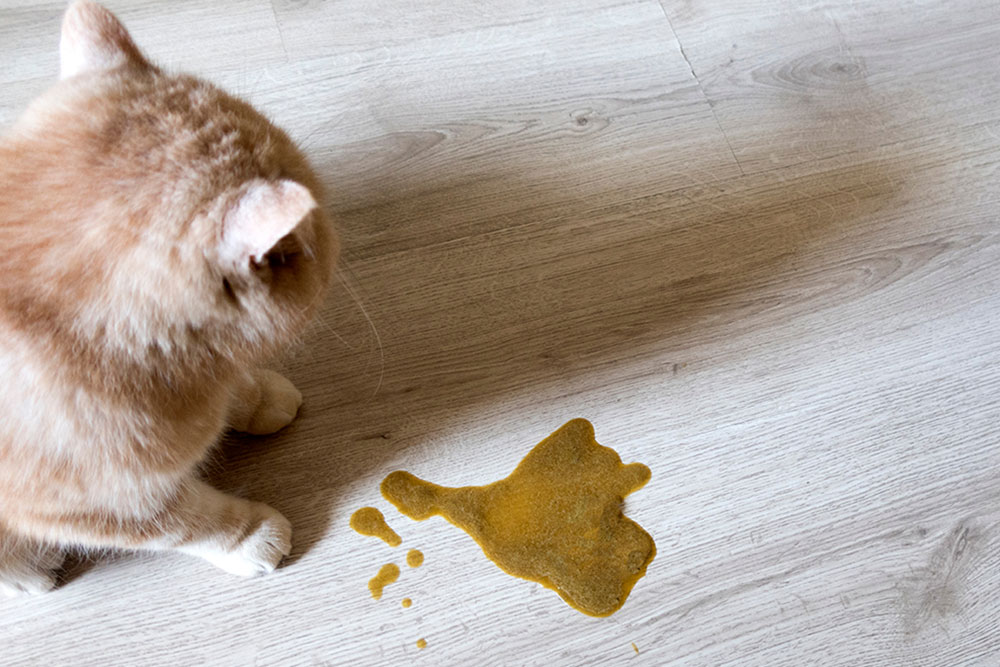
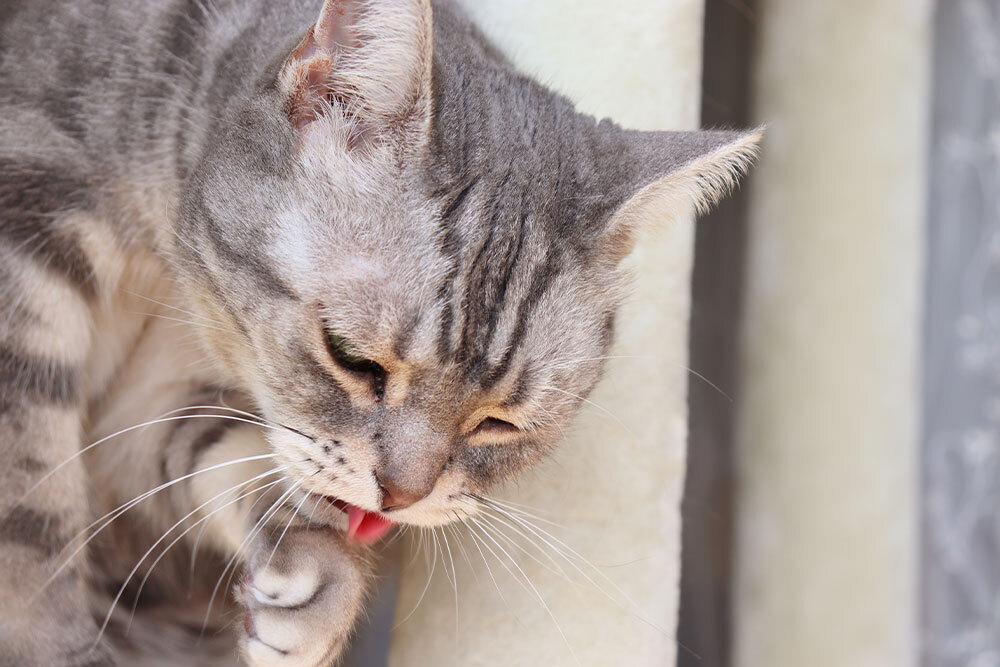

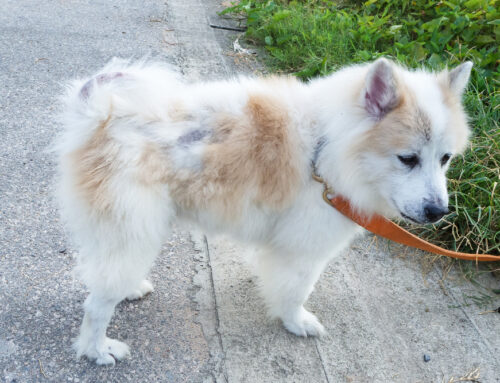
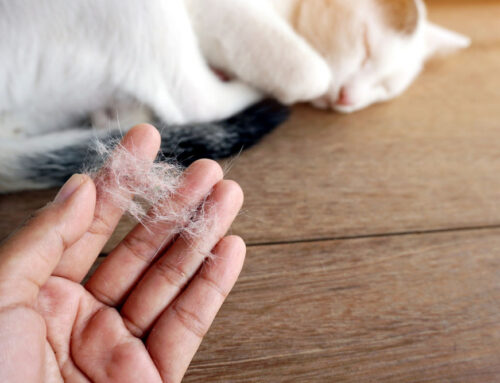
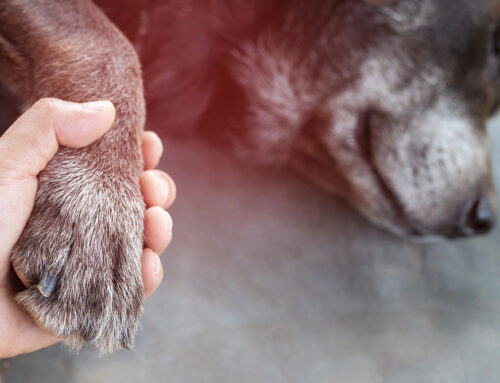
Leave A Comment